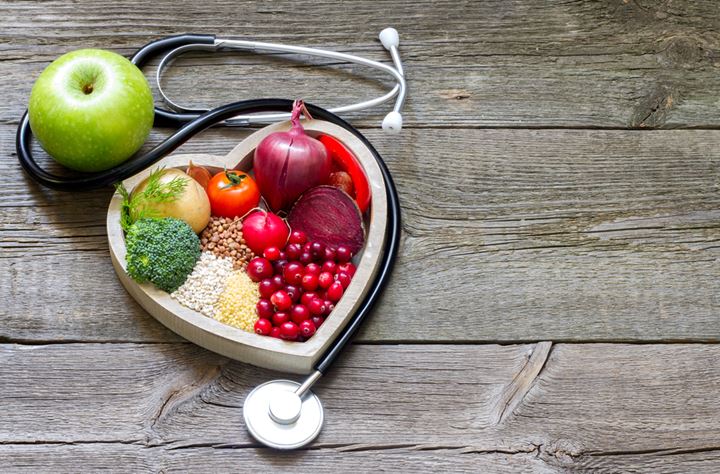Who Is Affected by Afib?
Atrial fibrillation, dubbed as Afib, is a heart condition characterized by an irregular or abnormal heartbeat. This condition affects close to 3 million people in the USA and over 1 million in the UK. Approximately 2% of people with atrial fibrillation are between the ages of 40 to 60 while 6% are 60 to 65 years old. A staggering 75% represents individuals in the age bracket of 65 to 85.
The CDC reports that the median age for men with atrial fibrillation is 66.8 years and for women 74.6 years. It shouldn’t be a surprise that older age is a risk factor because the heart gets inevitably weaker after being in use for such a long time.
Afib doesn’t only affect older people, it can even be found in children. The Journal of the American Medical Association recently published a study that found atrial fibrillation found in middle-aged women is potentially a greater risk of death than previously thought. The study suggests atrial fibrillation should be taken seriously and treated immediately, regardless of the individual’s age or gender.

Source: Thinkstock/NADOFOTOS
What Are Some Afib Causes?
With some people, atrial fibrillation occurs without any known cause while in others there is a trigger. Although there are no definitive Afib causes, it is common for those with heart conditions such as heart valve disease, high blood pressure (hypertension), atherosclerosis, heart valve disease, congenital heart disease, cardiomyopathy, and pericarditis.
Other conditions that can trigger atrial fibrillation include high blood pressure, thyrotoxicosis, as well as excessive alcohol and caffeine consumption. An overactive thyroid (hyperthyroidism), a blood clot in the lung, congenital heart disease, pneumonia, asthma,COPD, lung cancer, diabetes, a pulmonary embolism and even carbon monoxide poisoning are other potential Afib causes.
What Are Symptoms of Afib?
Some Afib patients may feel perfectly fine, not even aware they have the condition until they undergo routine medical tests known as an electrocardiogram. Others may experience mild symptoms as heart palpitation, tiredness, dizziness, chest discomfort, a shortness of breath, or fainting.
Atrial fibrillation increases your risk of having a stroke as your heart isn’t able to pump blood as efficiently with an irregular heartbeat. This can cause blood to pool in your heart’s chambers. When blood pools, it can form clots, which can then spread through the body. These clots can block the small blood vessels leading to your brain, causing a stroke. Being older also increases the risk of stroke.
Diagnosis of Afib
If you experience a fast pulse and an irregular heartbeat, you may have atrial fibrillation. Your doctor should ask about your medical history, condition, and risk factors. They may run tests with such instruments as an electrocardiogram, echo-cardiogram, Holter monitor, event monitor and even a good old-fashioned stethoscope. Your doctor may also order blood tests to rule blood chemistry abnormalities and thyroid disease.

Source: Thinkstock/Wildpixel
What Are Afib Treatment Options?
Underlying conditions and primary Afib causes, as well as the severity of symptoms, determine a patient’s Afib treatment. These can change with age, therefore you should consult with your doctor to find the ideal treatment for you. Some of these treatment options include:
- Blood clot prevention using anticoagulants
- Heart rhythm or heart rate control medication
- Catheter ablation procedure
- Medication and lifestyle change
- Maintaining good health habits such as a new diet
Doctors typically advise Afib patients to stick to their atrial fibrillation treatment plan and get frequent checkups. Besides maintaining a healthy weight, Afib patients should ensure their diet is rich in whole grains, fruits, and vegetables. Experts recommend low-fat protein, low-salt, and reduced-fat dairy products. Instead of butter, Afib patients should use vegetable fats, such as canola oil as well as olive oil.
Afib patients with high blood pressure should eat a low-salt diet and limit the cholesterol in their diet. Besides drinking alcohol in moderation, they should quit smoking and avoid exposure to secondhand smoke as well. On top of strengthening the heart muscles, regular exercise also helps one to maintain a healthy weight.
As you advance in age, your chances of developing atrial fibrillation increase as well as your risk for other heart conditions and atrial fibrillation triggers. Seek advice from your doctor on how to stick to a healthy lifestyle to reduce your risk.
Featured Image Source: Thinkstock/Ocskaymark
Source: everydayhealth.com



